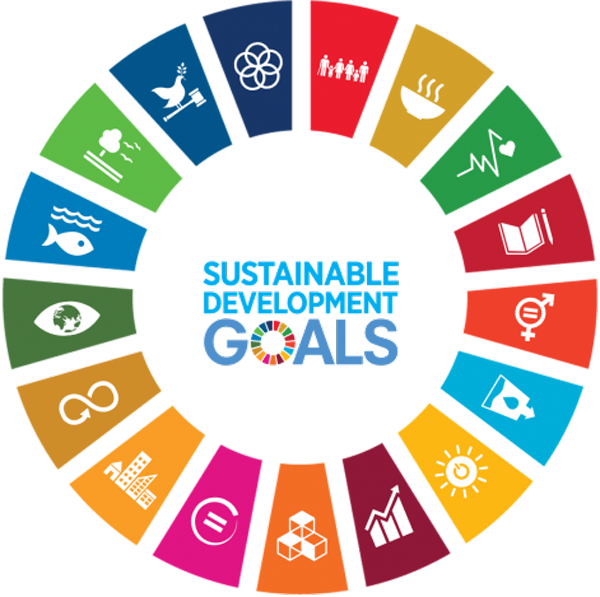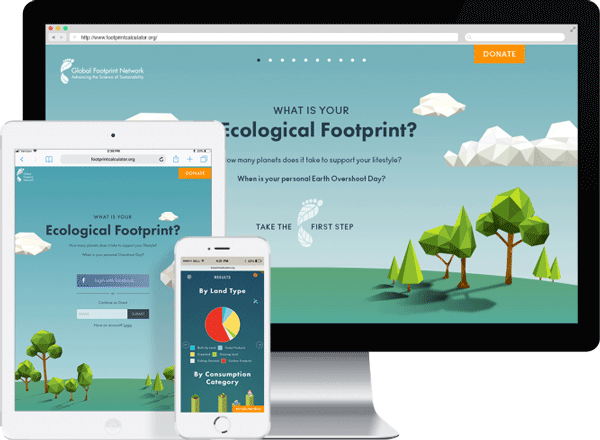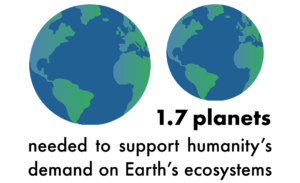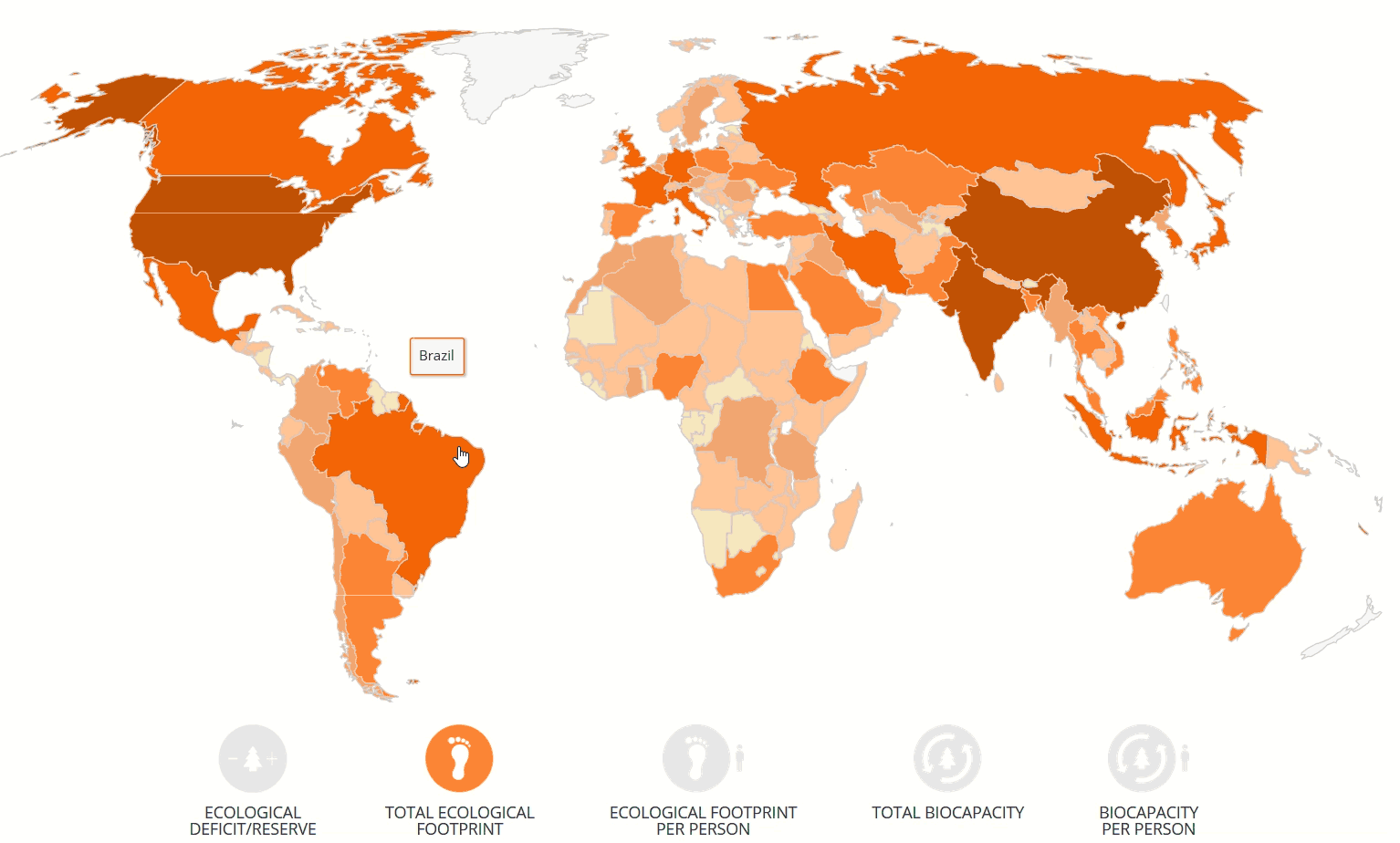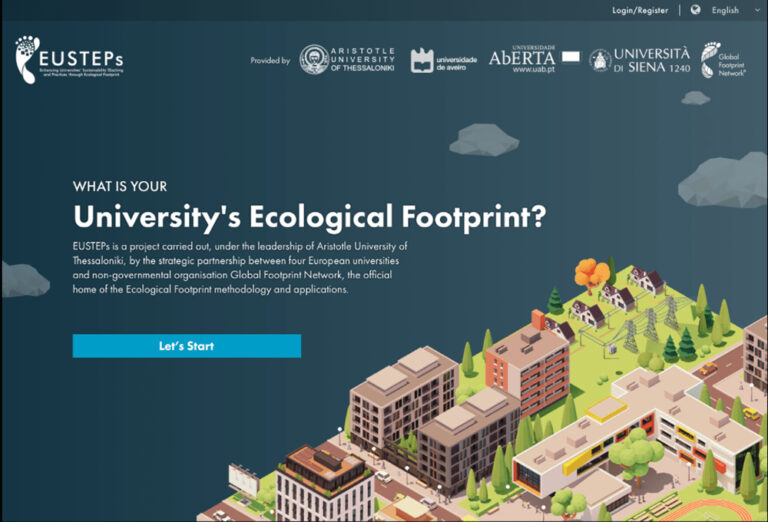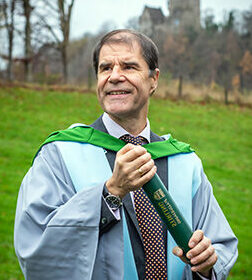 Dear friends,
Dear friends,
My professional highlights for 2023 year were expanding our relationship with Slovenia, through our joint launch of Earth Overshoot Day in Ljubljana, and the intriguing work we were able to complete for the Scottish Government. Seeing our work play out on the ground, together with partners, in this case governments, was rewarding.
In the case of Slovenia, the high-level event on the 2023 Earth Overshoot Day, which fell on August 1, demonstrated Slovenia’s strong environmental stewardship. At the event, Slovenia’s Environment Minister Bojan Kumer, recognized the Ecological Footprint as a pivotal metric for driving environmental action, guiding the country’s development trajectory, and serving as a compass for regional development planning. He even said: “Earth Overshoot Day is a line we cross far too early, underscoring the unsustainable course of our development. However, it is not a cause for despair but a call for action.”
I was also taken by the clarity of the President of the Republic of Slovenia Nataša Pirc Musar, who said “We are now deciding what kind of country we want to live in for the next 20 or 30 years.”
The work we produced for the Scottish Government pushed in a similar direction.
The report then discusses the need for a systemic approach to managing nature’s budget, given we live now in, what many but the geologists call, the ‘Anthropocene’. To minimize impacts abroad, the report highlights the importance of reducing overall demand. It also emphasizes the importance of reducing overall demand in ways that make Scotland better off, as otherwise efforts will backfire. Therefore, for effective adoption of such measures and avoiding policy conflicts, it suggests prioritizing interventions that simultaneously advance wider societal goals such as long-term prosperity.
said , calling for action to ensure that Slovenia becomes “a modern, green and technologically innovative country in the coming decades; a country which young people will no longer wish to leave, but one where they will be able to live and work in a safe, attractive and creative home environment.”
…
2022 will be remembered not just for its severe climatic changes and unprecedented global challenges, but also for the indomitable spirit of humanity that sought to navigate through these adversities. In line with our unwavering commitment to ensure that every individual flourishes within the limits of our one planet, we have championed vital conversations and offered credible, actionable insights to guide global decision-making processes.
In 2023, our team was also busy supporting the European Environment Agency (EEA) through its European Topic Centre on Biodiversity and Ecosystems (ETC BE) initiative. Guided by our lead partner, the Norwegian Institute for Water Research, we explored together social and economic driver against biodiversity, a project that hopefully will soon be able to share its insights as the publications are completed.



